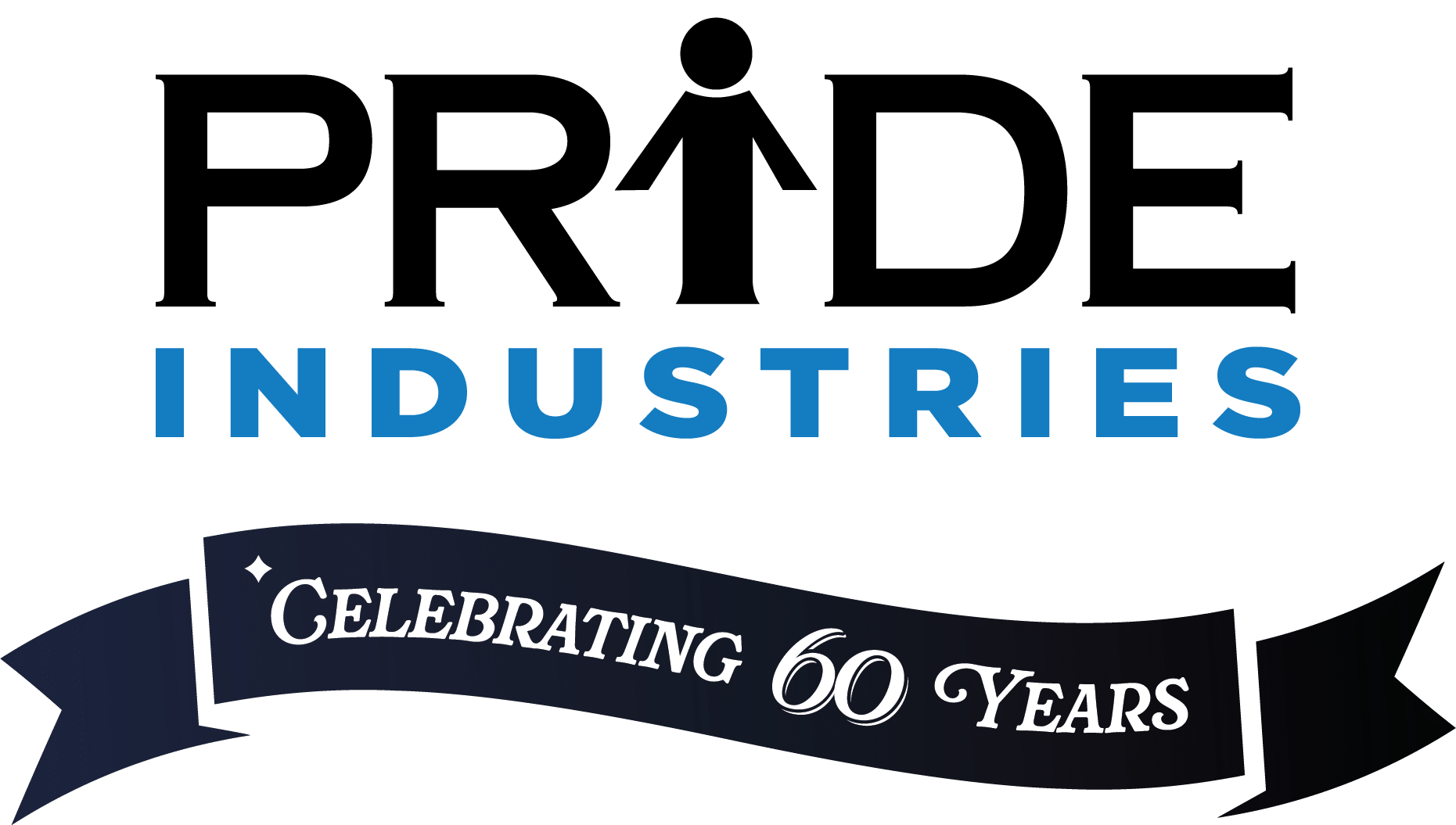Can the U.S. supply chain be fixed?
Two bipartisan lawmakers think so—at least where printed circuit boards are concerned.
House Reps Anna G. Eschoo, D-Calif., and Blake Moore, R-Utah, are sponsoring the Supporting American Printed Circuit Boards Act of 2022 (HR 7677). At its core, the bill is designed to incentivize the domestic production of printed circuit boards (PCBs) and investments in related factories, equipment, workforce training, and research and development.
“The supply chain shortages for electronics are affecting every aspect of American life,” said Eschoo. “PCBs are a critical part of that supply chain. . .”
Eschoo also expressed concerns about the security vulnerabilities related to offshore production, stating:
The U.S. global production share of PCBs is only approximately four percent, compared to China’s 52 percent. . . If we want to ensure technological superiority across the global stage and strengthen national security, we need to bring PCB production back to America. . .
So far, to mitigate the impact of these dynamics, electronics manufacturing entities have had to be proactive and be innovative—strategies that Mike Douglas, General Manager of PRIDE Industries Electronics Manufacturing Operations, is no stranger to.
“Our manufacturing process has not been insulated from market dynamics brought about by the pandemic,” said Douglas. “So, we’ve been as proactive as possible—first, alerting our customers about the increasing scarcity of these critical components, then collaborating with them to implement solutions. This has often meant supporting product redesigns using more readily available materials.”
According to Forbes, redesign is trending throughout the electronics manufacturing industry. “To manage the current supply chain crunch . . . and mitigate long lead times and component shortages, redesign services are becoming a hot topic in the electronics industry,” writes Forbes Council Member Carl Hung.
Forbes goes on to note how redesign can be good for businesses and their customers, but it’s not always a viable solution. Writes Hung, “. . . some companies may not have the extra budget to invest in a redesign and would rather absorb the necessary longer lead time into their production schedules.”
But soon, redesign may become solely a matter of choice. If passed into law, HR 7677 will shorten lead times by bringing PCB manufacturing closer to home. The bill also seeks to:
- Provide a tax credit for entities that purchase American-manufactured PCBs.
- Establish a financial assistance program, modeled on the CHIPS Act, within the Commerce Department for American facilities manufacturing or researching PCBs.
The CHIPs Act, passed in June 2021, is to semiconductors what HR 7677 is to printed circuit boards.
“The CHIPS Act set the precedent,” said Tony Lopez, Vice President of Manufacturing and Logistics for PRIDE Industries. “For a robust electronics manufacturing sector here in the U.S., we need to see HR 7677 passed and implemented.”
Combined, the CHIPs Act and HR 7677 seek to return high-tech electronics manufacturing to the United Sates.
“The Supporting American Printed Circuit Boards Act will help usher in a new era of American manufacturing,” said Rep. Moore. “This bill will not only maintain the integrity of military and national security commercial materials, but it will also fuel the resurgence of American manufacturing through incentivizing the purchase and production of domestically-sourced printed circuit boards.”
In the meantime, PRIDE Industries’ Mike Douglas is quick to note, “The challenges are far from over. Our only remedy is to remain close to our customer, collaborate transparently, and look for alternative sources of supply.”
